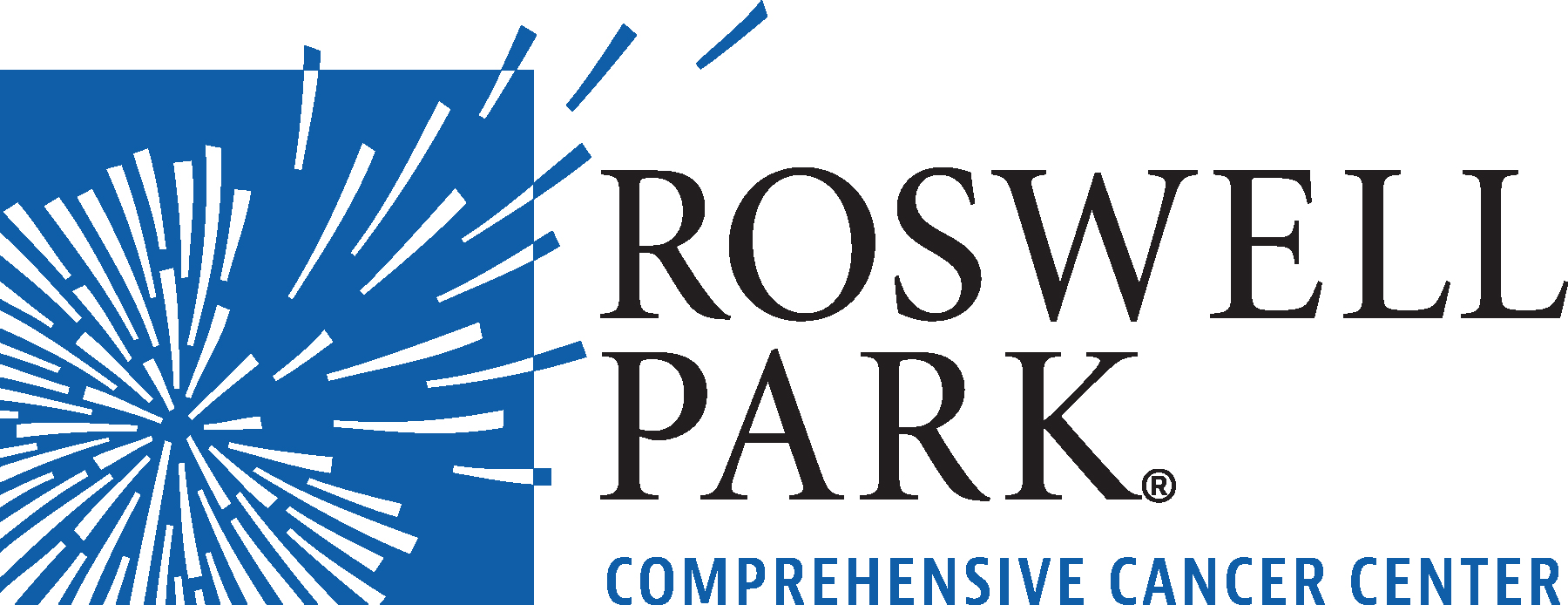- New journal article summarizes state of science on kidney cancer immunotherapy
- Research review was led by Roswell Park medical oncologist Dr. Saby George
- Authors highlight importance of identifying, managing immune-related toxicities
Newswise — BUFFALO, N.Y. — With the swift introduction of approved immunotherapy approaches into the treatment landscape for many cancers, medical professionals across many care-delivery settings and specialties are tasked with the need to follow and understand a set of treatment standards that are changing rapidly. The treatment of renal cell carcinoma (RCC), or kidney cancer, has been one of the fields most dramatically affected by what the authors of a new research review article call a period of “remarkable progress,” with FDA approval of the first immunotherapy combination regimen for the treatment of patients newly diagnosed with kidney cancer coming just a few months ago, in April 2018.
In an effort to compile and summarize the latest knowledge about these immunotherapy combinations and their implications, a group of kidney cancer immunotherapy experts led by Saby George, MD, of Roswell Park Comprehensive Cancer Center have written a new research review article assessing current approaches to treating patients newly diagnosed with kidney cancer and also looking ahead to some of the most pressing questions still to be answered related to these emerging therapies. Published online Nov. 21 by the journal JAMA Oncology, the review article highlights the path to approval for the new standard of care for these patients — ipilimumab, also known as Yervoy, together with nivolumab, also known as Opdivo.
“Remarkable progress has been made recently in the clinical application of newer immunotherapies, of which the most notable are immune checkpoint inhibitors (ICIs) that increase antitumor immunity by blocking native immune regulators such as cytotoxic T lymphocyte antigen 4 (CTLA-4) and programmed cell death 1 (PD-1),” the authors write. “However, current evidence indicates that not all patients may find single-agent immunotherapy advantageous, underscoring the unmet need for combination treatment strategies that can improve efficacy in a broader patient population without exacerbating toxic effects.”
“Our goal in crafting this review was not only to summarize the path to approval for these breakthrough immunotherapies, but also to present that information in context with other emerging immuno-oncology therapy combinations that are still being studied,” notes Dr. George, first author on the new publication. “Critically, given what we are learning about the effects of checkpoint inhibitors given in combination, we also highlight the importance of identifying and appropriately managing immune-related toxicities.”
Treating physicians who prescribe checkpoint inhibitors for patients with advanced kidney cancer — whether alone or in combination with other therapies — “must adopt a multidisciplinary management approach, enlisting the assistance of specialists such as endocrinologists, pulmonologists, nephrologists, gastroenterologists, dermatologists, and neurologists,” the authors conclude.
Dr. George’s co-authors are Brian Rini, MD, of Cleveland Clinic’s Taussig Cancer Institute and Hans Hammers, MD, PhD, of UT Southwestern Medical Center. The review article, “Emerging Role of Combination Immunotherapy in the First-line Treatment of Advanced Renal Cell Carcinoma,” is available at jamanetwork.com.
###
For an online version of this release, please visit: https://www.roswellpark.org/media/news/research-review-underscores-progress-treating-kidney-cancer-importance-close-patient Roswell Park Comprehensive Cancer Center is a community united by the drive to eliminate cancer’s grip on humanity by unlocking its secrets through personalized approaches and unleashing the healing power of hope. Founded by Dr. Roswell Park in 1898, it is the only National Cancer Institute-designated comprehensive cancer center in Upstate New York. Learn more at www.roswellpark.org, or contact us at 1-800-ROSWELL (1-800-767-9355) or [email protected].
